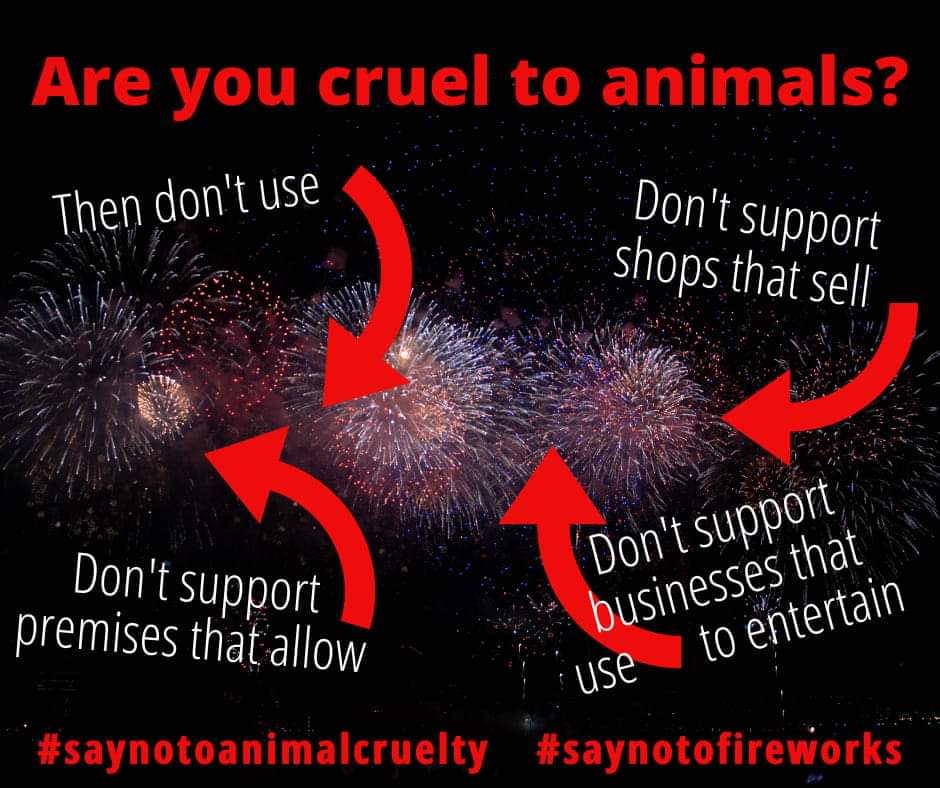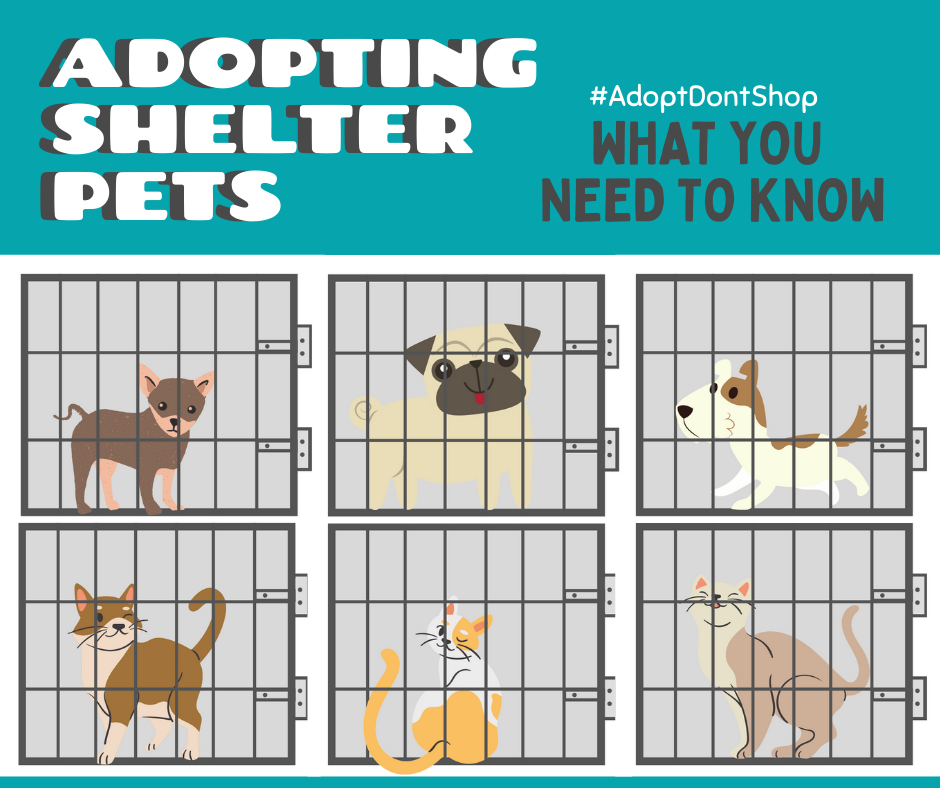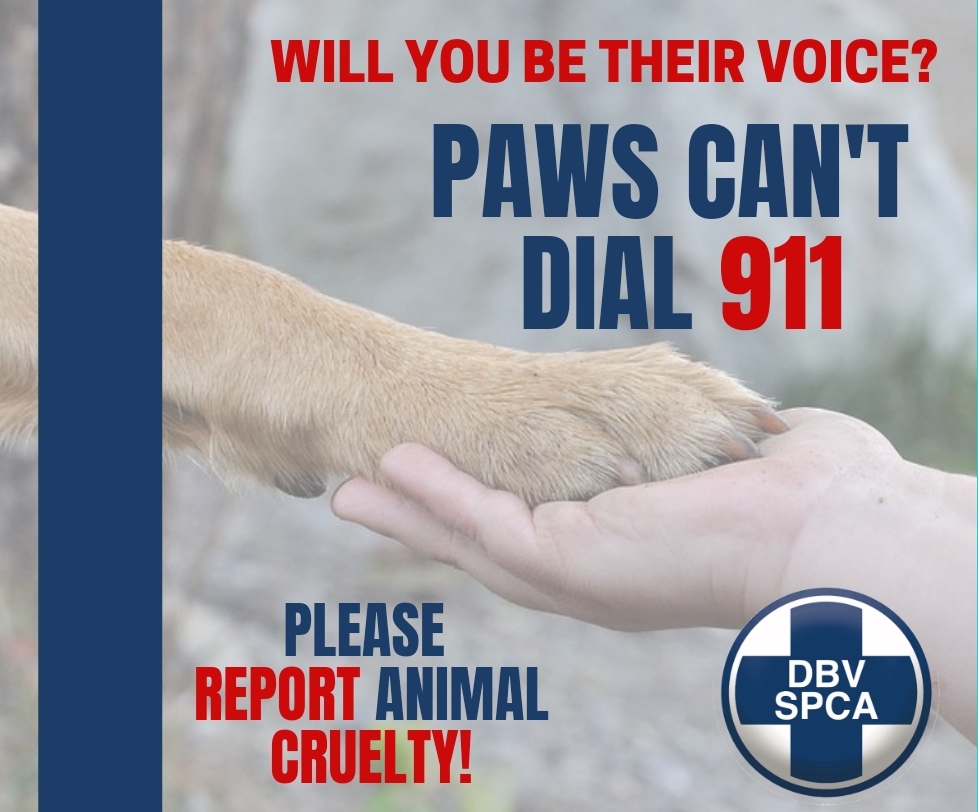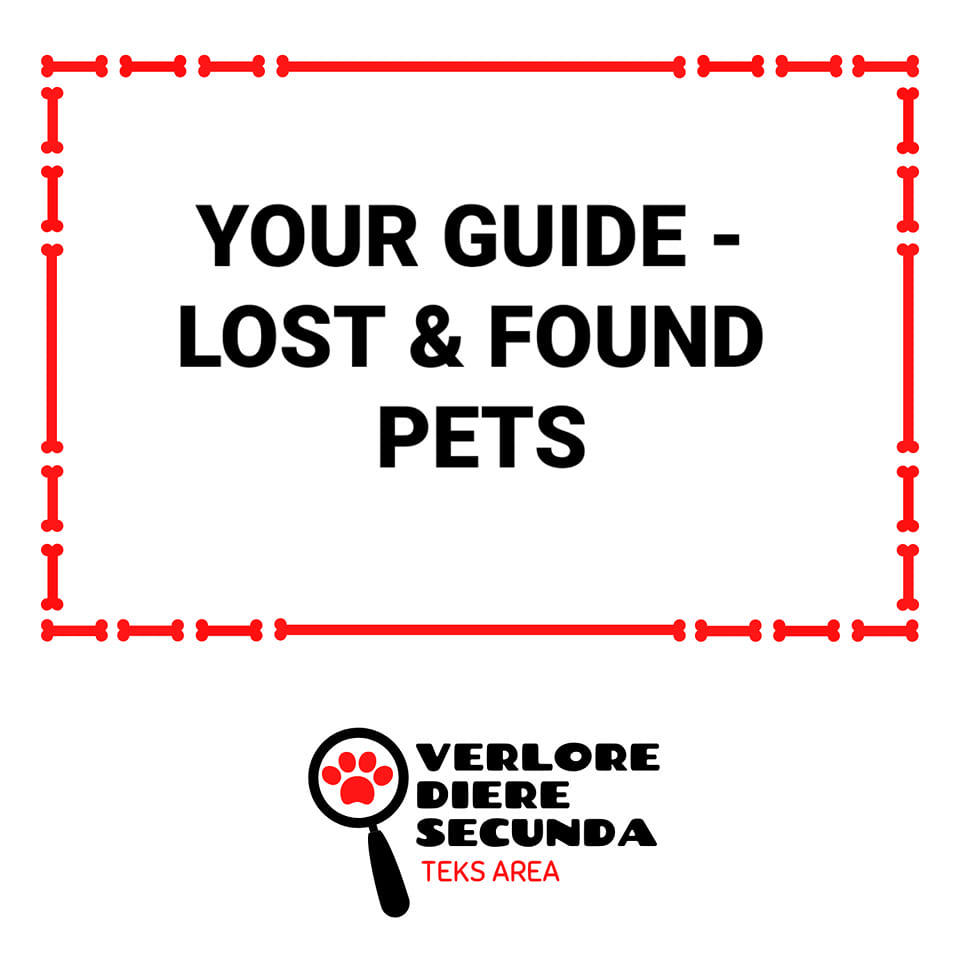
EDUCATION IS KEY TO HELPING ANIMALS AND THEIR OWNERS AND FOR CHANGING ANIMAL WELFARE IN THE WORLD!
Sadly, most people don’t spend nearly enough time on educating themselves on how to improve their pets’ lives or how to help other animals or animal welfare organizations. Below you can find a summary of many of the animal topics in this ANIMALS 101 series from the past 18 months. This is part one of three.
This week we will look back on the topics related to animal welfare issues and lost & found pet advice. Next week we will look at topics related to you and your pets and the week thereafter a summary of how to keep your pets safe in various situations.
When it comes to animals, I want to highlight a few things:
- Animals are not things or commodities to GIFT and dispose of when it doesn’t suit you anymore. They are sentient beings who deserve proper care and love.
- Animals have the right to the FIVE FREEDOMS of animal welfare and they are worth us fighting for. This includes all living creatures including those you see as “pests”. Please choose HUMANE METHODS to control these populations.
- In animal welfare we don’t support the breeding and selling of animals or giving away animals away “FREE TO GOOD HOMES”. We support responsible adoption through reputable animal welfare organizations and to SPAY & NEUTER your pets.
Please note that silly season is upon us and from November to New Year, selfish people, without regard for other human and animal life will be using and supporting FIREWORKS. Please PREPARE your pets for this in advance! Noise phobia and the fear of fireworks (and storms) is a serious health concern for animals. Storm and fireworks phobias cause extreme anxiety and discomfort not only for our four-legged companions but also for human family members who feel helpless to ease their pet’s suffering as well as individuals with disabilities, war veterans, or those suffering from PTSD.

UNDERSTANDING THE MASSIVE OVERPOPULATION PROBLEM
Did you know that one female cat and her offspring can produce 420,000 cats in seven years? One female dog and her offspring can produce 67,000 dogs in six years. Our biggest struggle in animal welfare is the massive overpopulation crisis worldwide. In South Africa, about 2800 healthy animals are humanely killed daily because there are just not enough homes for us to adopt our way out of this mess. In South Africa around at least 240 animals are surrended or brought in as strays per day just to SPCAs on average. This excludes hundreds of other animal welfare organizations. Some statistics show that 9/10 animals born in a domestic setting don’t find a home. So please help us by spaying and neutering your pets and sponsoring sterilization where possible. Here are some debunked SPAY & NEUTER MYTHS.
For most people, a cat is a cat and it is either your cat or someone else’s cat, but feral cats are a special kind! Feral cats may also be referred to as street cats or gutter cats, so first let’s look at the difference between a domestic cat and a feral cat. Learn more about them here.
WHAT YOU NEED TO KNOW ABOUT ADOPTION
South Africa is overflowing with unwanted dogs, cats, puppies and kittens, even rabbits, birds and other animals. It’s sad to think that most of these animals in shelters will never experience a loving home and the security of the family they deserve. We understand that it seems easier to buy a pet, but let us share with you why buying a pet is part of the problem. The pet industry in South Africa is not regulated and pet shops do not promote responsible pet ownership (sterilizations, home checks, etc.). They make their profits by promoting impulse buying. These animals can also come from questionable sources like puppy mills or stolen stock.
The adoption process and policies might differ between organizations. The process usually includes an application form, meet & greet, home check, paying an adoption fee, signing an adoption contract, sterilization and follow-up. You will save in fees, but most importantly you will save a life. Read about ADOPTIONS PART1 & PART 2.

ABOUT ANIMAL CRUELTY
Animals do not have a voice, so we need to be their voices and you will never stop hearing ours! When was the last time you heard of anyone tuning themselves in for animal abuse? It just doesn’t happen often, if at all. Preventing animal cruelty is in all of our best interests. Animal cruelty is not only despicable in its own right, but it is often a gateway crime to violence against adults and children. Studies show that children who witness animal abuse are at a greater risk of becoming animal abusers themselves. First, it is important to UNDERSTAND CRUELTY & the SPCA MANDATE. Once you learn to RECOGNIZE THE SIGNS of animal abuse, you’ll be better equipped to REPORT IT and help us fight cruelty.
There may also come a time when you encounter an injured animal in the streets. If you can’t take them to a veterinarian immediately, you can contact the SPCA to REPORT THE EMERGENCY. This is for animals who appear to be without an owner at the time and injured or in distress and not for your pets.
Although there are some really BAD EXCUSES for surrendering animals, know that if you can no longer take care of your animals, you can surrender them safely at any SPCA. By law, they may not refuse any animal. Please don’t abandon an animal as it is cruel and also a crime punishable by law.

Don’t be captured by captivity. Ever had a problem with someone chaining their dog, yet you take your children to the CIRCUS where animals are exploited? CRUELTY COMES IN MANY FORMS. Cruelty is not only physical abuse and you might be cruel to animals through neglect or by supporting certain practices, products, or industries like the entertainment industry. Apart from the circus, aquariums, petting farms, animal rides and other cruel practices or industries, the TESTING ON ANIMALS, for any reason, is a particularly cruel industry. Animals testing can and has delayed advances in science by years. We encourage people to make ethical choices when it comes to anything related to animals.
When it comes to helping animals, most people want to shift the responsibility to an already overwhelmed system. Animals always need help everywhere and we are grateful to everyone who helps! Sadly, too often we hear the phrase “someone do something “, including a picture of an animal that is dumped, hurt, or lost. Many people take in an animal that is injured, dumped, or lost and that is the right thing to do, but the problem comes in with the next step when they want someone else to do something. Here are ways YOU CAN HELP.
LOST & FOUND PET ADVICE
There are constantly pets in the streets and this holds many dangers in a cruel world. If your pets are out-and-about, they might get injured, hit by a car, attacked by other animals or hurt other animals, get poisoned, get shot, get stolen to sell, breed, or for dog fights. They may also become a nuisance to others, especially cats. We understand that accidents happen and some animals are really escape artists, but one of a few reasons why animals get out is because it is easy!
You get climbers, runners, jumpers, diggers, chewers, some learn to open gates or some pets use a combination of the above. We have seen fox terriers climb trees to get out. Sadly, some irresponsible owners think it is acceptable to let them roam the streets. First, you need to understand why animals get out and then HOW TO SECURE YOUR YARD. If you can’t stop them from getting out, you are basically saying that your animals are smarter than you! Your pet, your responsibility!
When your pet goes missing, you can drastically improve the chances of being reunited with them, by having them MICROCHIPPED! Shockingly more than 50% of owners do not know much about their pet’s microchip and how it works. Many do not even know whether and where it is registered. You have to register it yourself on multiple databases!

Apart from understanding why and how they get out as well as the importance of microchipping, there are important steps to take when YOU LOST or FOUND pet/animal. Here is a more in-depth article about FINDING A MISSING PARROT or CAT. See the full LOST & FOUND GUIDE.
At times, WILD ANIMALS end up in our suburban areas. There are various reasons for this. When it happens, many people are concerned about them and want to help, but are unsure about how to handle the situation or whom to contact. They can even put the animal’s life in danger by trying to help.
Never keep the wild animal as you might not be equipped to meet their needs and google is not a veterinarian or wildlife expert. It is against the law to keep wild animals if you don’t have a permit, even if you plan to release them later. Stress is one of the biggest killers of rescued wildlife. Read more on what to do if you found a BAT or WILD BIRD.
To highlight: If they are injured, immediately take them to the vet or rehabilitator. If not injured or in immediate danger, then watch from a distance for a while. Many birds are learning to fly (fledging) and waiting for mom. Always contact a wildlife rehabilitator before you remove them or give food or water as it might worsen the situation. Keep the animal in a warm (not too hot) quiet and dark place and handle them as little as possible.
Next week we will share more on pet guardian (owner) topics that we have covered before. Don’t miss that summary!
WHEN YOU KNOW BETTER, DO BETTER!